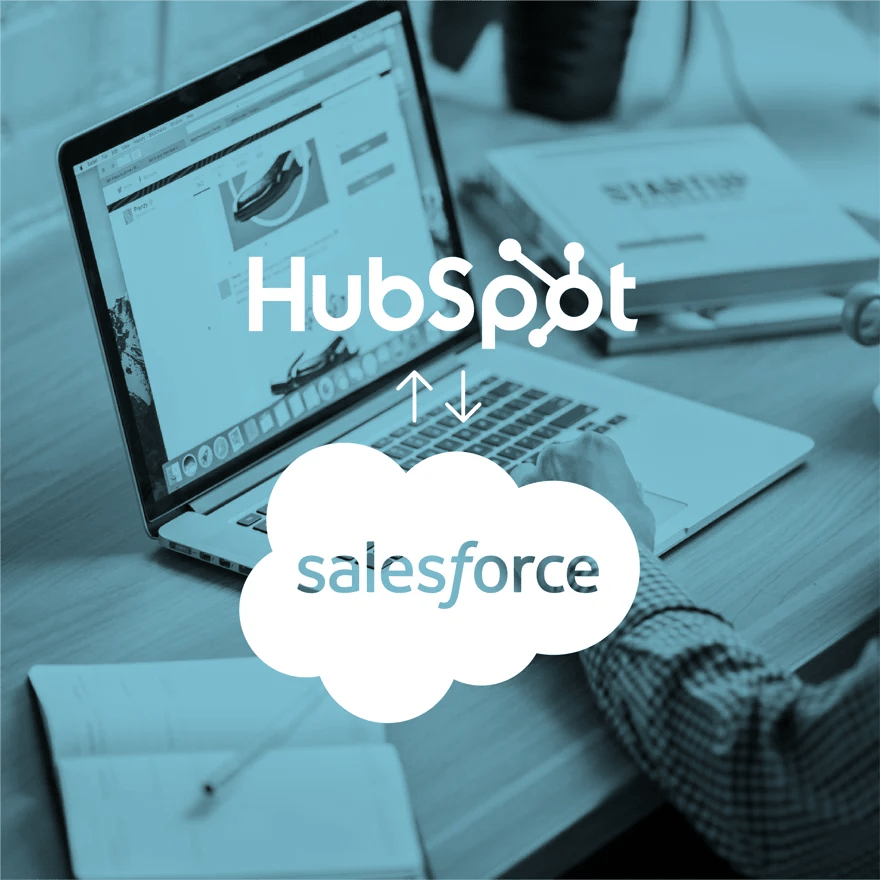Share this
Previous story
← HubSpot vs Salesforce: which CRM system is better?
In collaboration with MT/Sprout - If you want to grow, choose a crm platform that moves with you. But more importantly, choose a system that ensures that you grow.
What is CRM? A CRM platform is an instrument that stores and combines data of existing and potential customers. In short, it streamlines the commercial processes in your company and should therefore be embedded everywhere. The various departments get their data from one central location and use it in their own way to boost sales, provide service, predict purchase behavior or acquire more customers. When a customer searches for a particular product on the website or in a database, awell-functioning CRM system can send signals to the right departments to take action. This eases the transaction during the buying process, after all, your employees can contact you for feedback and customer loyalty.
In recent years, CRM systems have gotten better and better: focused on growth, efficiency, intelligence and productivity. But just what are reputable platforms in that world of customer relationship management?
There are many CRM providers, but the best known is probably Microsoft. A classic brand: almost everyone grew up with it, knows its (basic) interface and it is still used worldwide. Microsoft also focuses on CRM - although it is not its core business - and in recent years bought up more than 240 companies, including Dynamics and Navison. Two CRM tools (how could it be otherwise!), but two tools that fundamentally have nothing to do with Microsoft. And that's going to fray in the long run. There really is innovation at Microsoft, but not in the CRM department.
For the more dedicated user, there is Salesforce. A party that had the world first: the first cloud solution for CRM systems. But while their growth initially came from bold choices and successful innovations, Salesforce now no longer engages in actual business confrontation through their product. Growth now comes from constantly buying up other parties, and Salesforce is also now turning into something of a messy sandbox full of loose sand.
So big parties are not always ideal. Fortunately, the CRM world is one of innovation and growth. There are also smaller parties thinking along.
Freshworks has about 50,000 customers around the world. A cloud-based party that markets itself as not only user-friendly, but also versatile. Is praised for its easy controls and fresh look. Hence "Freshworks. Works very intuitively and has a high satisfaction rating of 8.4. Especially popular in small and medium-sized businesses due to good customer service and 'easy entry'.
Zoho has more than 100,000 users worldwide. Like Freshworks, Zoho is a CRM partner with excellent scalability and certainly allows small parties to get acquainted with a CRM system inexpensively. In fact, you pay per connected user. The offering is broad, it is also very user-friendly and with Zoho you can easily integrate existing systems with each other. However, because of the wide range of features, it is sometimes difficult to choose between them. Is identified in reviews as one of the reasons why small businesses came to be so clear and good in the market.
The CRM tool with the best reviews and user experiences isHubSpot. More than 100,000 B2B organizations are customers there. HubSpot offers a complete package and one of the highest-rated CRM systems in the industry.It isalso excellent for small businesses that want to grow big, because HubSpot CRM simply grows with them.
Whatever you choose, take the time to familiarize yourself and enlist the help of certified experts as needed.

Want to get the most out of HubSpot? Subscribe to our newsletter, follow us on LinkedIn, or attend our HubSpot User Days!
Explore HubSpot User DaysThese Related Stories


